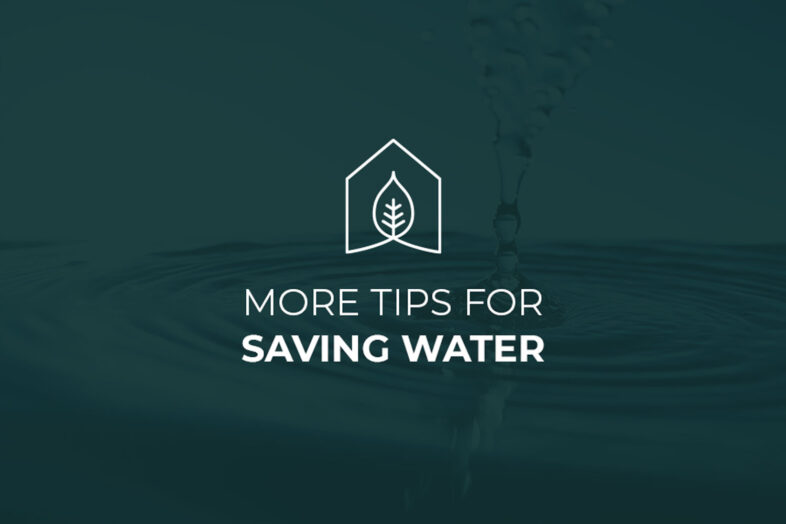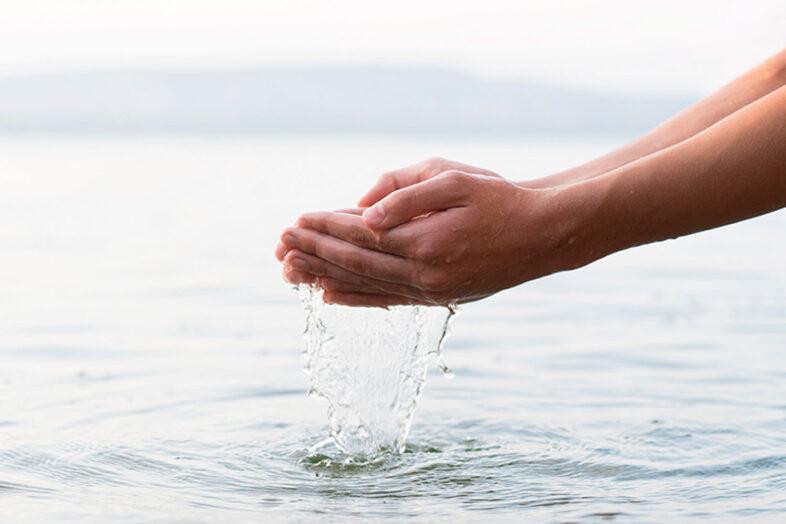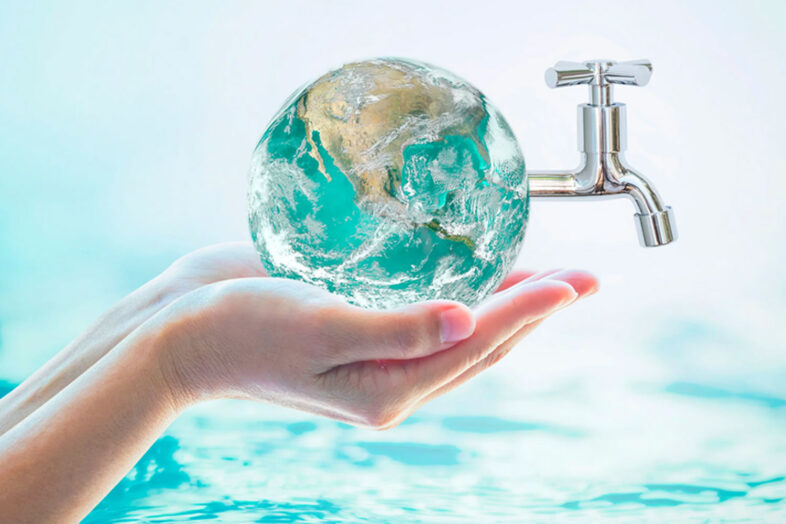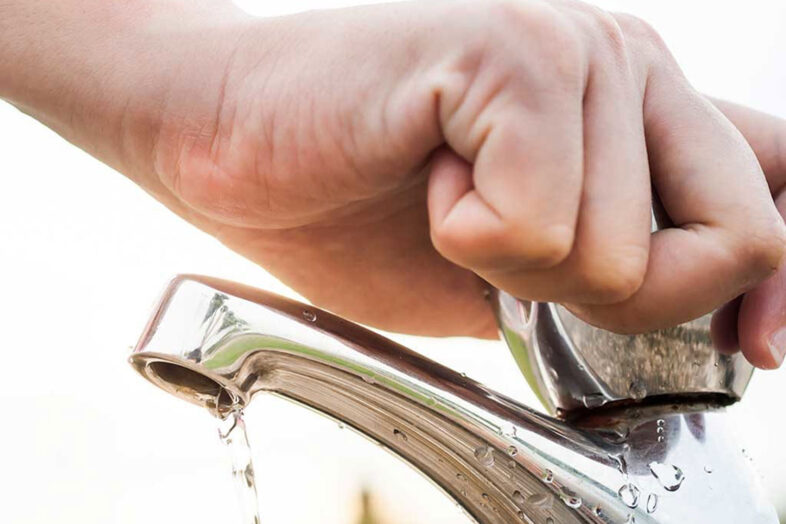- October 31, 2023
- 101
- Eco News
Having a steady supply of clean water is a privilege we often take for granted. But nowadays we have to turn our attention towards water use (and abuse) in order to protect this natural resource. Even though efficient appliances and fixtures can help in order to minimize waste, being more careful goes a long way toward the goal of saving water. Here we offer some tips for saving water at home.
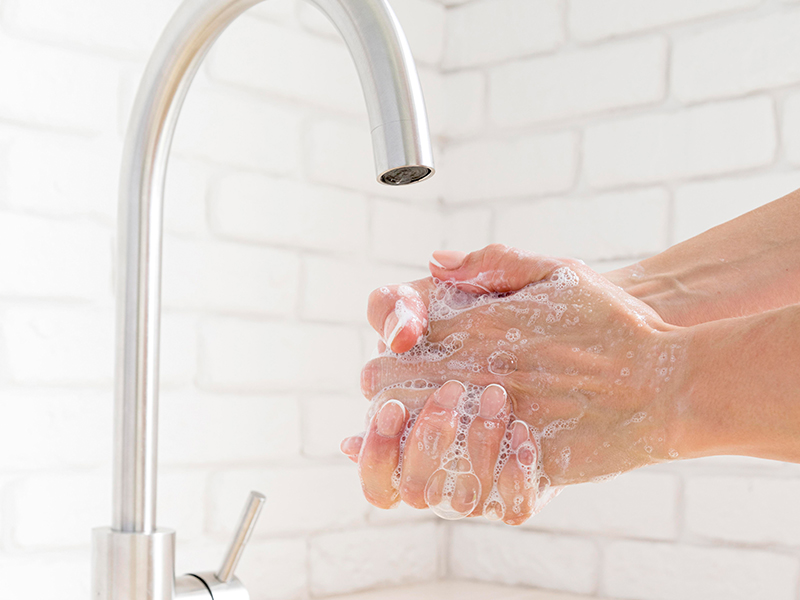
Turn off the tap for saving water
Never let faucet water run as you wash or rinse dishes, or as you brush your teeth or shave. If you turn off the tap while you brush your teeth and shave, you will save hundreds of gallons a month. Also remember to fix leaks because a slow drip from a leaking faucet can waste a lot of water.
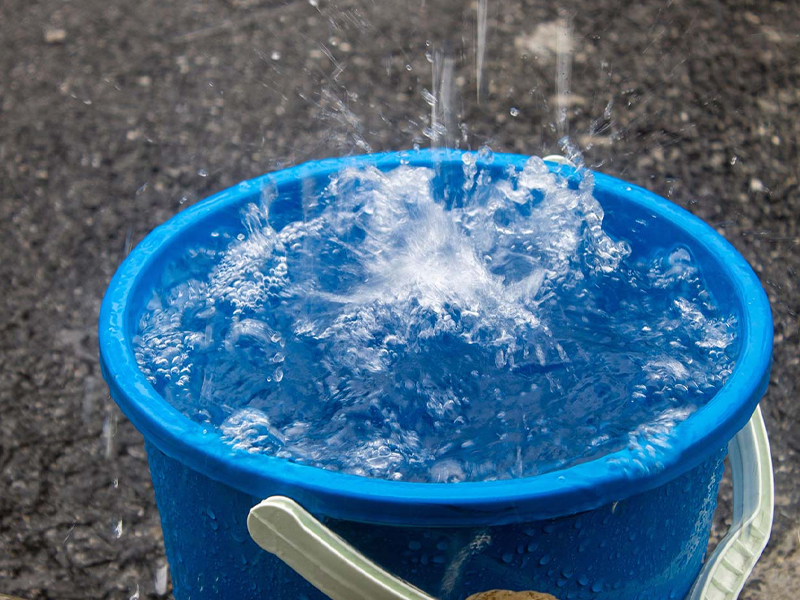
Learn to repurpose water
You have to save every drop and then repurpose it. One easy way to do it is by capturing under your colander the potable water you use to rinse fruits and veggies. Then, use this water in the garden. Do the same while you wait for your hot water to come in.
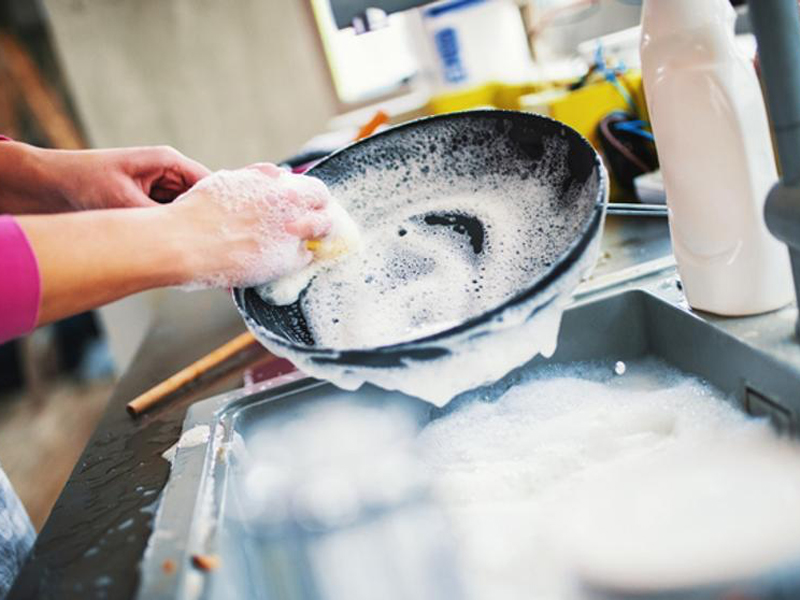
Make smart use of dual sinks
Instead of letting the water run while you wash dishes, fill one sink with hot and soapy water for washing. And fill the other sink with cool and clean water for rinsing. By doing this, you will be using half the water you otherwise would. If your sink is a single model, you can use two big bowls for washing and rinsing.
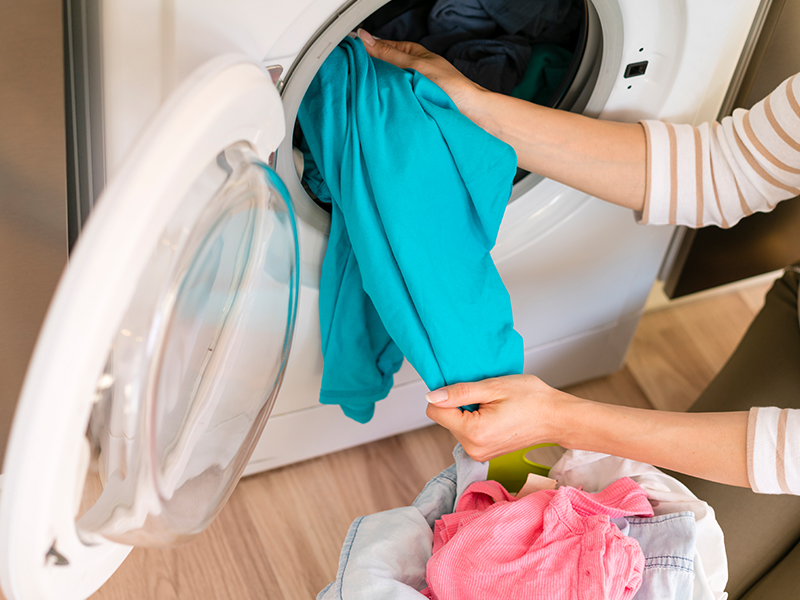
Get an efficient washing machine
Generally, front-loading machines use less water than top-loading machines. Besides, you have to check that the machine you are buying is certified for saving water. Certified washing machines use about 40 percent less water than regular washers.
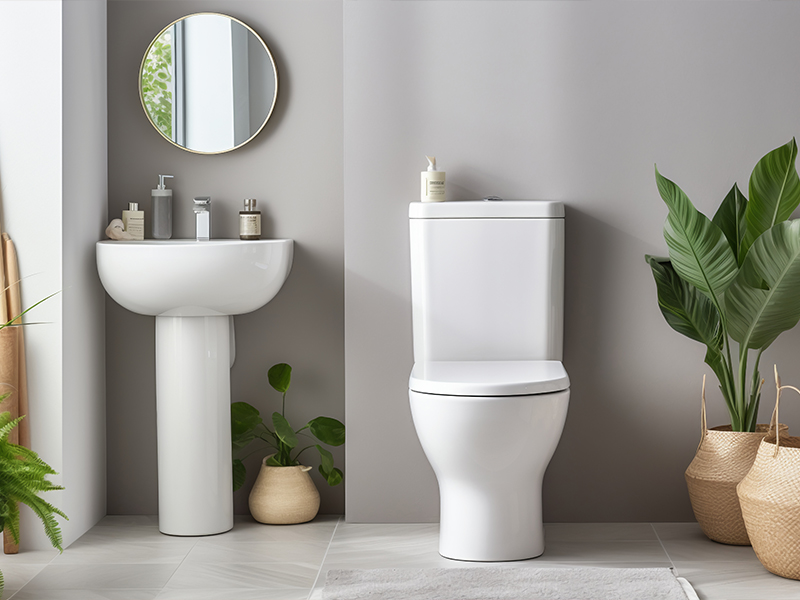
Focus on the bathroom
The bathroom is the place where the greatest indoor water use in the house happens. Toilets, for example, account for nearly the third part of the average home’s indoor water consumption. Replace your regular toilet for a dual-flush one. To save water when showering, replace a regular shower head with a smart one that uses less of this valuable natural resource.




